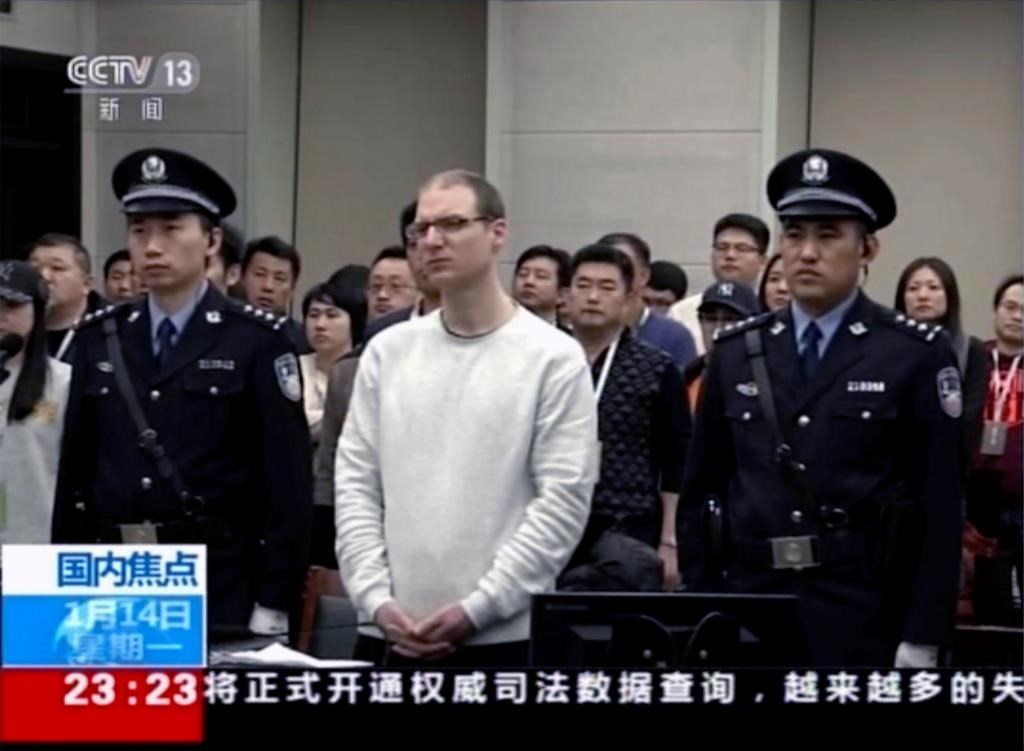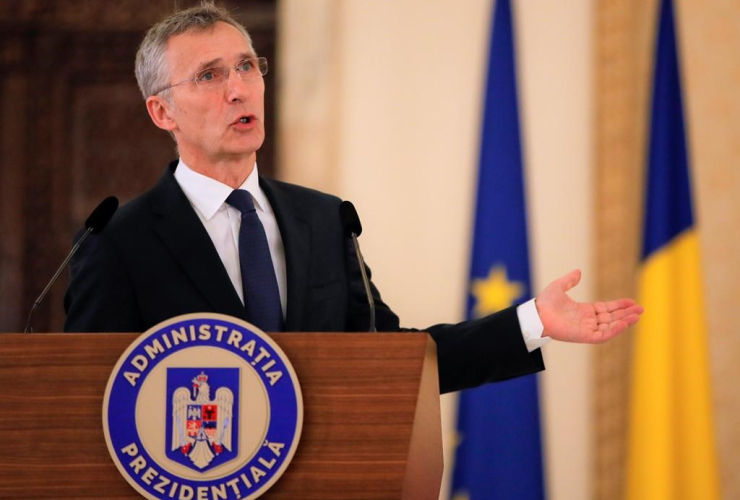Canadian diplomats were joined in a Chinese courtroom Thursday by American, British, French and German colleagues to watch the appeal of a Canadian who has been sentenced to death for smuggling drugs.
The show of solidarity did not diminish Canadian worries over the fate of Robert Schellenberg of British Columbia.
"Canada remains extremely concerned that China chose to apply the death penalty, a cruel and inhumane punishment, at the retrial on Jan. 14, 2019," Global Affairs Canada said in a statement.
The foreign ministry also thanked Ireland, the Netherlands, Norway, Spain and the Czech Republic for sending representatives to the hearing.
Schellenberg's new sentence was meted out six weeks after the RCMP detained Huawei executive Meng Wanzhou in Vancouver on a U.S. extradition warrant, plunging Sino-Canadian diplomatic relations to a new low. Nine days after Meng's arrest, two other Canadians — ex-diplomat Michael Kovrig and entrepreneur Michael Spavor — were detained in China on allegations they had violated China's national security.
The fate of all three Canadians remains uncertain: it was not clear when the Chinese court will rule on Schellenberg's appeal, while Kovrig and Spavor are imprisoned in unknown locations, have been denied legal representation, have not been formally charged and have been allowed visits by Canadian diplomats about once a month.
Meng is free on bail and is living under house arrest at a Vancouver mansion. She is wanted on charges of lying to banks to avoid U.S. sanctions on Iran.
A Chinese foreign-ministry spokesman called again for Canada on Thursday to immediately released Meng so that she can return to China "safe and sound."
"The U.S. and Canada abused their bilateral extradition treaty and took compulsive measures against a Chinese citizen without cause," said Geng Shuang.
"This is a serious political incident that grossly violates the legitimate rights and interests of the Chinese citizen. Once again we urge the U.S. to immediately withdraw the arrest warrant and extradition request for Ms. Meng."
Meng appeared in a Vancouver court on Wednesday, where her lawyers said her defence would be based on the argument she shouldn't be extradited to the U.S. because she hasn't violated sanctions under Canadian laws and her arrest at Vancouver's airport was unlawful.
Meng's lawyers argued she was the victim of two "abuses of power," first by Canadian arresting authorities and then by U.S. President Donald Trump, and they plan to make an argument based on "double criminality," related to differing sanction and fraud laws in the United States and Canada.
Trump and Prime Minister Justin Trudeau discussed the "arbitrary detention" of Kovrig and Spavor on Thursday and Canada's ongoing efforts to win their release. But the Prime Minister's Office provided no other details in a short summary of the call.
Earlier this week, Foreign Affairs Minister Chrystia Freeland said she remains relentless in pushing the government's attempts to build an international coalition of support to win the freedom of Kovrig and Spavor — an effort that extended to Schellenberg's on Thursday with foreign diplomats attending his court appearance.
Freeland said she raised the detentions in her meeting at the Arctic Council in Finland this week with U.S. Secretary of State Mike Pompeo as well as their counterparts from Norway, Sweden, Iceland and Finland.
At last week's meeting on the Venezuela crisis in Lima, Peru, Freeland said she also raised the China standoff with Latin American allies.
"It is also an international issue and it is an issue that we believe our partners around the world need to speak out about," Freeland said after the Arctic Council meeting.
"What I am pleased about — if it's possible to be pleased in this very worrying situation — is the extent to which we have been successful and continue to be successful in rallying a very strong international coalition of countries that are both, privately in their meetings with China, but also crucially, publicly, speaking out on behalf of the detained Canadians."
Freeland reiterated the government's position that Meng is the subject of an independent legal process that is separate from politics.





Comments